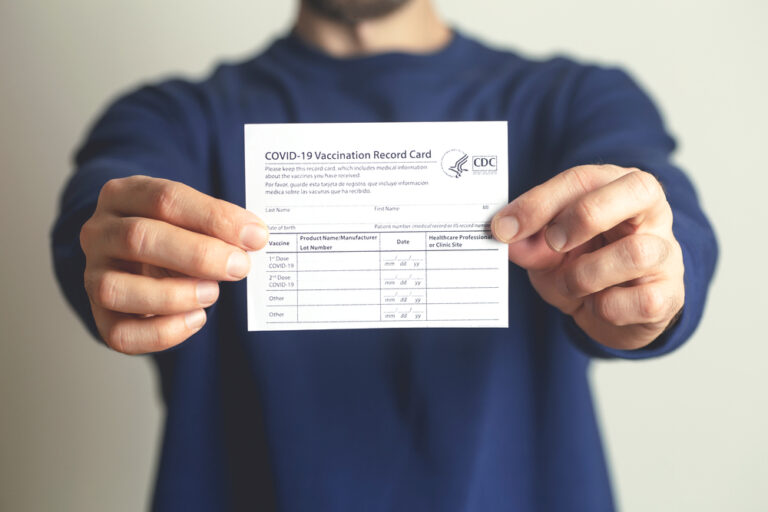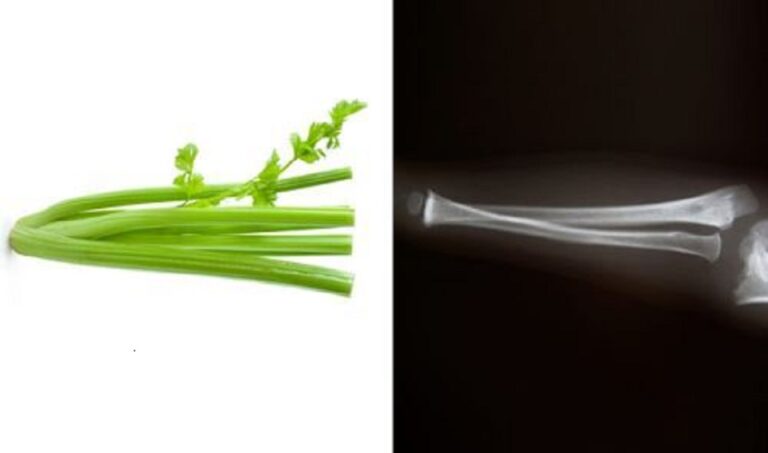
Vitamin D helps boost your immune system
There are a lot of tricks and tips, foods and exercises or various lifestyle changes that can help you boost your immune system, but we have to admit that nothing can compare to the power of vitamin D in this sense. As I said at the beginning of this article, due to the coronavirus pandemic, there are more and more people who suffer from vitamin D deficiency, which can make them prone to catch the virus more easily or develop severe complications.
Nevertheless, it’s crucial to stick to a healthy lifestyle if you want to naturally keep your immune system strong and healthy. Vitamin D not only helps you not develop certain illnesses, but it is also good for making your sick days easier and preventing complications.
It has been proven that low levels of vitamin D worsen existing autoimmune diseases. To be more specific, low levels of this type of vitamin are not the cause of autoimmune diseases but may be a factor that aggravates them.
In addition, in 2009, the National Institute of Health warned that vitamin D deficiency is associated with frequent colds and influenza.

Vitamin D promotes bone health
As I said before, vitamin D helps in the absorption of two essential minerals in our body, namely calcium and phosphate, both of them being extremely important for the health of our bones. That being said, older adults that suffer from vitamin D deficiency are more likely to develop osteoporosis as well.
This type of vitamin is also needed for making your bones strong enough so that they won’t become thin, brittle and easy to break. Researchers have shown that it prevents rickets in children and osteomalacia in adults.
The most common healthy foods that are high in vitamin D include salmon, herring and sardines, cod liver oil, canned tuna, eggs, mushrooms, milk and oatmeal.
Of course, before changing something in your diet, it is crucial to seek the opinion of your doctor first, because there are some habits (even those that are considered healthy) that simply don’t work for you or that may aggravate your existing conditions. More than this, don’t take vitamin D supplements if you don’t know if you are deficient! You should also remember that too much vitamin D can also be bad for your health.



























































